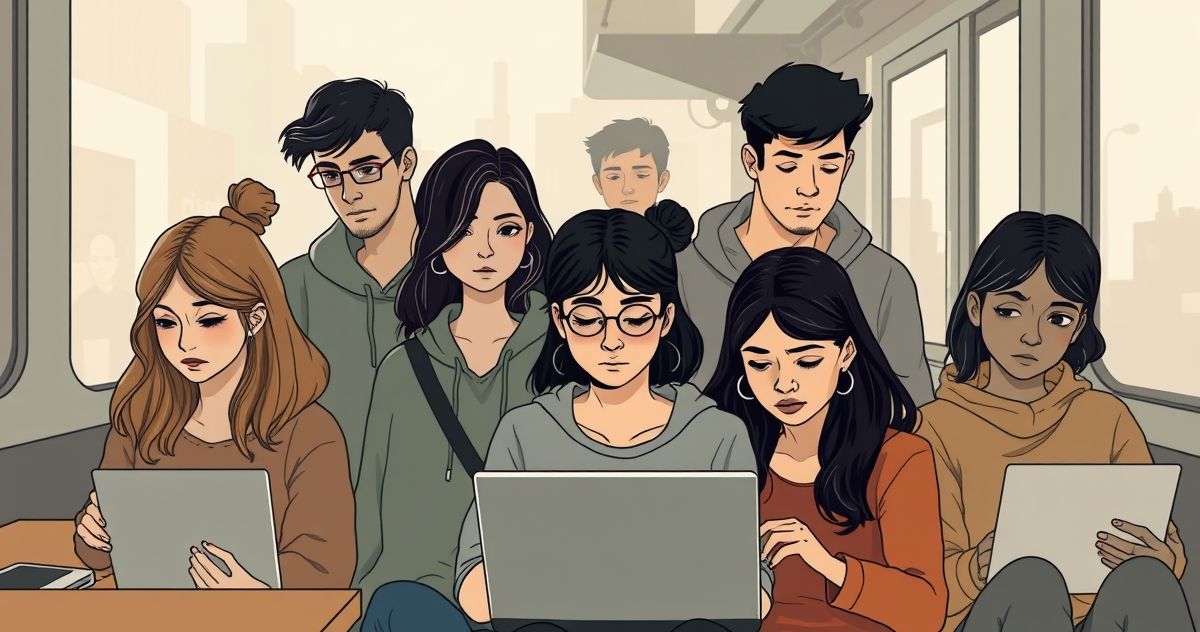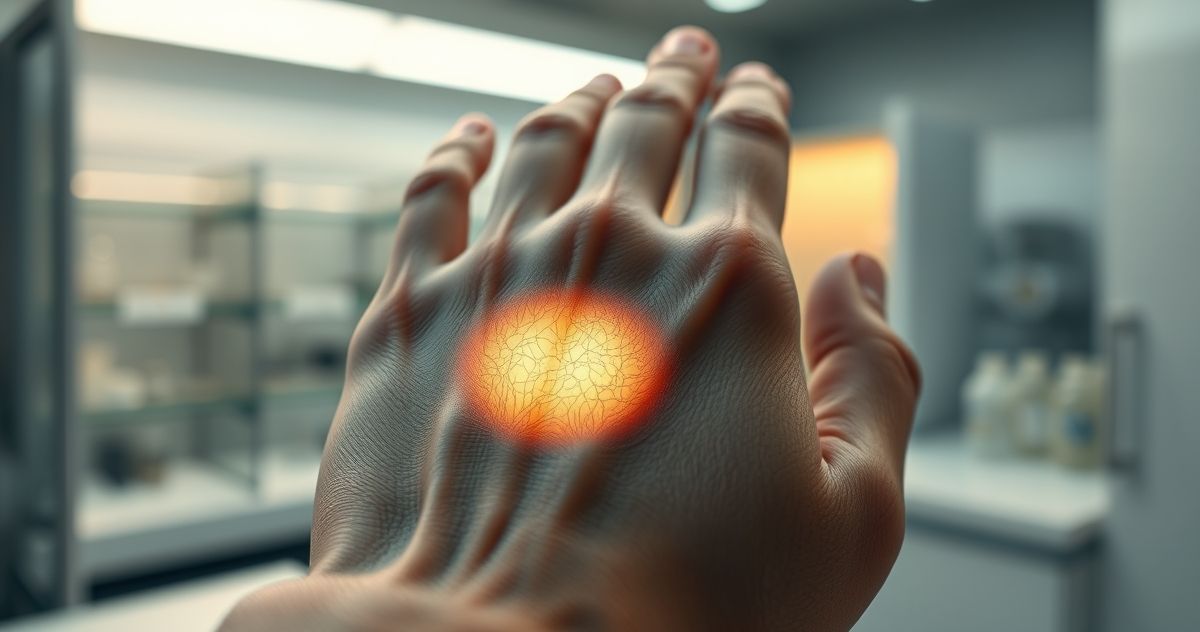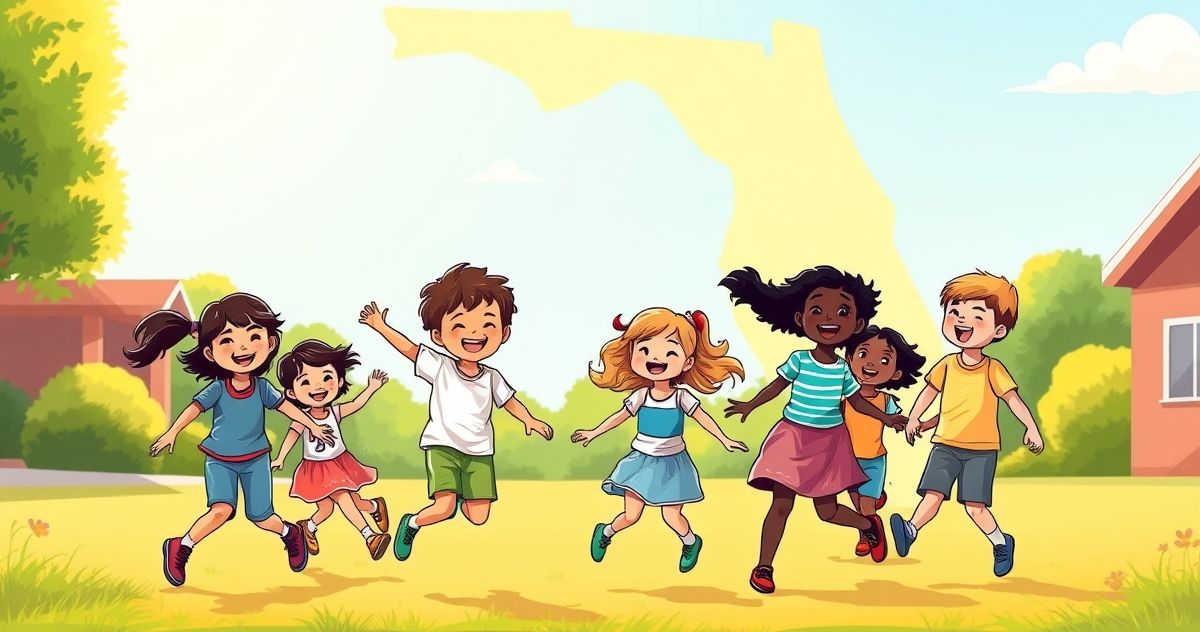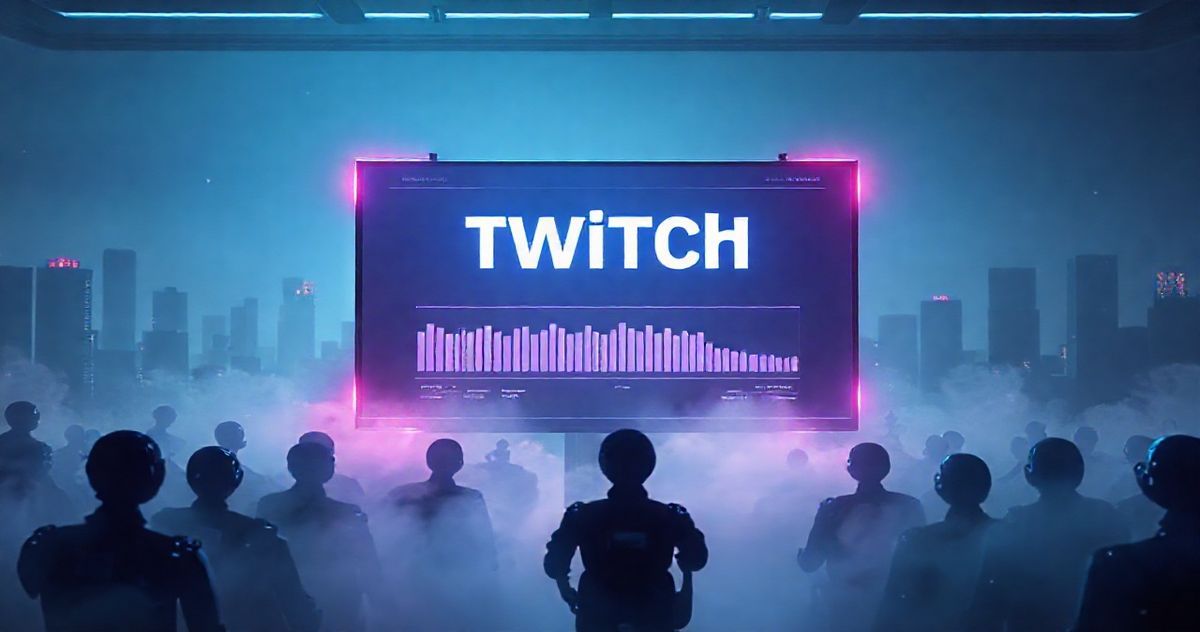Ever stopped to think about how many of your friends, people your age, are struggling? Or even, tragically, not here anymore? It’s a tough thought, but recent data suggests something pretty unsettling: American millennials aren’t just getting older, they’re dying at a higher rate than previous generations did at the same age. Yeah, you read that right. It’s not just a feeling; the numbers are starting to paint a concerning picture.
Now, I’m no full-on statistician, but I read a lot, and these trends have been popping up. We’re talking about a generation, generally folks born between the early 1980s and the mid-1990s, who are facing unique challenges. So, what’s going on?
### The Alarming Numbers and What They Mean
The raw data, when you dig into it, suggests that the mortality rates for millennials have actually been increasing, especially when compared to Gen X or Baby Boomers at similar life stages. This isn’t just about old age. We’re talking about deaths among people in their 20s, 30s, and early 40s. It’s a shift from the steady decline in mortality rates we saw for decades.
Think about it: most of us expected to live longer, healthier lives than our parents. Modern medicine, better living standards, all that good stuff. But it seems like for millennials, some powerful forces are pushing back. This isn’t some niche health crisis affecting a small group; it’s a broad trend that impacts communities and families across the country.
### What’s Driving This Unfortunate Trend?
It’s rarely one simple answer, right? When it comes to something as serious as life and death, there are usually a lot of layers. For millennials, it feels like a perfect storm of economic pressure, shifting health landscapes, and profound societal changes. Let’s break down some of the biggest culprits:
* **Chronic Diseases:** Believe it or not, things like heart disease, diabetes, and certain cancers are showing up earlier in millennials. Our diets, sedentary lifestyles, and high stress levels aren’t helping. We’re often too busy to cook healthy meals or exercise consistently.
* **Opioid Crisis and Substance Use:** This one hits hard. The opioid epidemic, sadly, has claimed too many lives in this age group. Beyond opioids, there’s been an uptick in deaths related to alcohol and other substances. It’s a public health emergency that has deeply affected millennials, often starting with prescription pain meds.
* **Mental Health Struggles:** Anxiety, depression, and suicide rates have been climbing steadily. The economic anxieties (student debt, stagnant wages, housing costs), social media pressures, and a general feeling of instability all contribute. It’s a heavy burden to carry, and not everyone gets the support they need.
* **Lack of Healthcare Access:** Even with the Affordable Care Act, many millennials struggle to afford consistent healthcare. High deductibles, limited networks, and the gig economy’s lack of benefits mean that preventative care often goes by the wayside until things become critical.
I remember my friend, Sarah. She’s a millennial, a brilliant artist, but she’s been weighed down by student loan debt and the constant hustle of freelance work. She told me once she put off seeing a doctor for a persistent cough for months because her health insurance deductible was so high, and every penny counted. It turned out to be a really bad case of bronchitis that took ages to shake. It makes you wonder how many similar stories are out there, where small issues become big problems because life just makes it too hard to prioritize health.
### Can We Change This Trajectory?
So, what now? Is this just our grim destiny? I don’t think so. Understanding the problem is the first step toward fixing it. This isn’t just a personal failing for individuals; it’s a systemic issue that needs broad solutions. We need better mental healthcare access, more affordable prescriptions, and maybe even a rethink of how our economy impacts our well-being.
It’s about making healthier choices easier, making support systems stronger, and tackling the root causes of addiction and chronic illness. It’s a big ask, but what’s the alternative? Ignoring it means we lose more people, more potential, more stories.
What do you think is the most critical factor contributing to this trend, and what’s one thing we could do right now to start making a difference?











